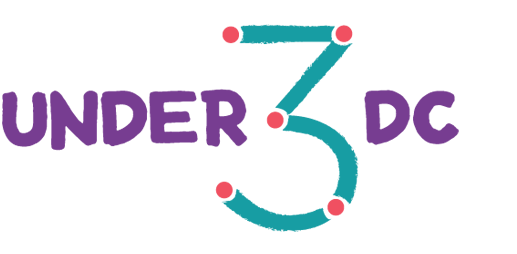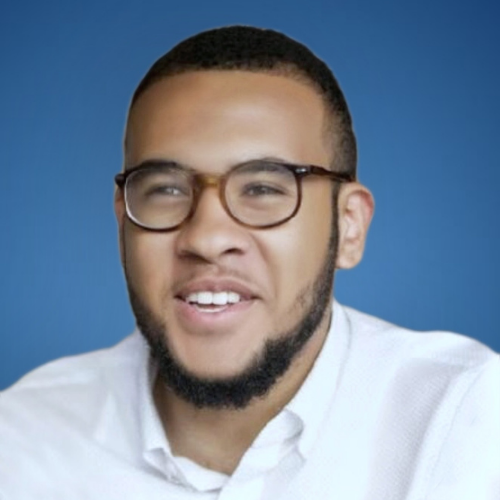Congress passed the American Rescue Plan (ARP), which promises nearly $65 million in relief funding to support the District's child care community.
In 2018, when the Birth-to-Three for All DC (Birth-to-Three) Law (B22-0203) was passed, DC lawmakers promised to support the Healthy Futures program (administered by the Department of Behavioral Health (DBH)) with an additional $1.5 million in annual funding to expand services to every District-subsidized early learning program. The program has only received a total of $1.3 million since the law passed during the 2019 fiscal year, and this year’s budget does not fully meet the funding needs of this important program. For the fiscal year 2022, the early childhood community asked the Mayor to include $675K in the Healthy Futures budget to support the existing infant and toddler mental health consultation program, including hiring additional staff, expanding to 30-40 other sites, and evaluating its services and impact on the health and wellness of participating early learning communities in the District.
At first glance, next year’s proposed budget appears to fund a needed expansion of the popular child care facility-based mental health consultation program to more sites with $480,000. But these funds are not intended to support the existing infant and toddler mental health consultation program that provides training and technical assistance to program staff and families to identify and respond to children’s social-emotional needs. Instead, DBH intends to use these funds to develop a vital pilot program under the same name. The pilot will provide needed on-site mental health services, including direct clinical support to children, at eight early learning programs in the District that participate in the child care subsidy program. While we are awaiting more information about this proposed pilot, we know that clinical services are needed in the Healthy Futures toolkit. However, the addition of clinical services must accompany the continued expansion of its valued and sought-after behavioral health consultation program.
A Budget Season Update
To address the lack of funding to support Healthy Futures capacity to expand in the upcoming fiscal year, the DC Council’s Committee on Health recently proposed a $416K increase to the Healthy Futures FY22 budget, marking a positive step in the right direction but still short of the $675K the community has requested. To expand the program to additional sites and ensure that more children and educators are supported by the program, the Council should increase the proposed budget by an additional $260K and maintain the final allocation of proposed funds in the final version of the budget.
Why Is Healthy Futures So Important?
The Healthy Futures program provides participating subsidized child care facilities with tools and techniques designed to help staff and families respond to challenging behaviors in infants and toddlers. Families enrolled in the Healthy Futures program can work with mental health consultants and their child’s teacher to address the social-emotional needs of their child and receive referrals to community-based organizations equipped to meet their unique needs. As children return to early learning programs following a year of being out of the classroom, access to ongoing behavioral health support is particularly critical to ensuring all children have a fair shot at thriving in the classroom and in life beyond the pandemic.
Providers Say The Healthy Futures Model Works for Early Learning Programs
Research shows that when families have access to mental, behavioral, and social-emotional support, their children are better equipped to succeed in the classroom and navigate life’s stressors more confidently. The five-year evaluation of Healthy Futures showed that participating early learning programs saw considerable progress in children and staff interactions and brought expulsion rates below the national average. And the program remains popular and well-loved by participating in early learning programs.
Would you like to learn more about the Healthy Futures program?


